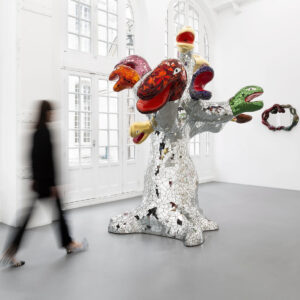The current lockdown measures, which are in place to reduce the spread of coronavirus, has had a dramatic impact on both humans and animals across the globe.
In the midst lockdown, animal rights activists are concerned for the wellfare of animals who may not have access to safe living conditions or the usual level of care now that many of us most follow social disctancing measures while we are under lockdown.
Across the globe, many animal shelters have urged people to temporarily adopt animals during the lockdown to ensure that they can reiveve the level of care they need whilst shelters are put under strain due to current climate.
In many zoo’s, zookeepers have noted that their most intelligent and social animals, including gorillas, otters continue to look for visitors despite the fact there is nobody there to watch them or interact with them.
On Monday, news emerged that a tiger at the Bronx Zoo tested positive for the coronavirus and it is thought the tiger, along with six other big cats, were infected by an asymptomatic zookeeper. While the implications of this are still unclear, staff at the zoo have said that all of the animals will be closely monitored, as it is currently unknown how the virus will develop in these animals since various species can react differently to new infections.
As the pandemic is thought to have originated at a market selling wild animals in China, the New York-based Wildlife Conservation Society is urging governments to ban live animal markets and stop illegal trafficking and poaching of wild animals.
With humans self-isolating in their homes, animals that usually stay away from urban and more densely populated areas have started to return and explore. In northern India for instance, a herd of deer was caught on camera walking the streets of Haridwar and in the centre of Barcelona, wild boar have even been spotted.
Dolphins have also reappeared in several ports thanks to the absence of cruise ships and tourists, including the Italian port of Cagliari, Cox’s Bazar in Bangladesh and beaches of the Mediterranean sea.











